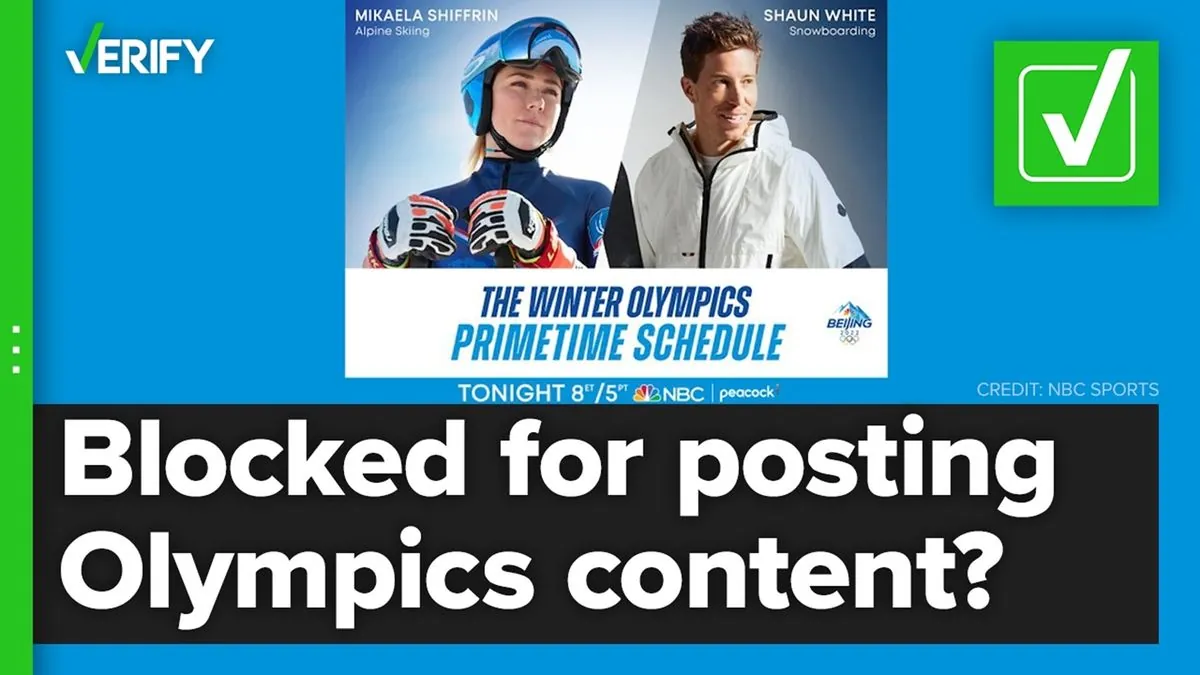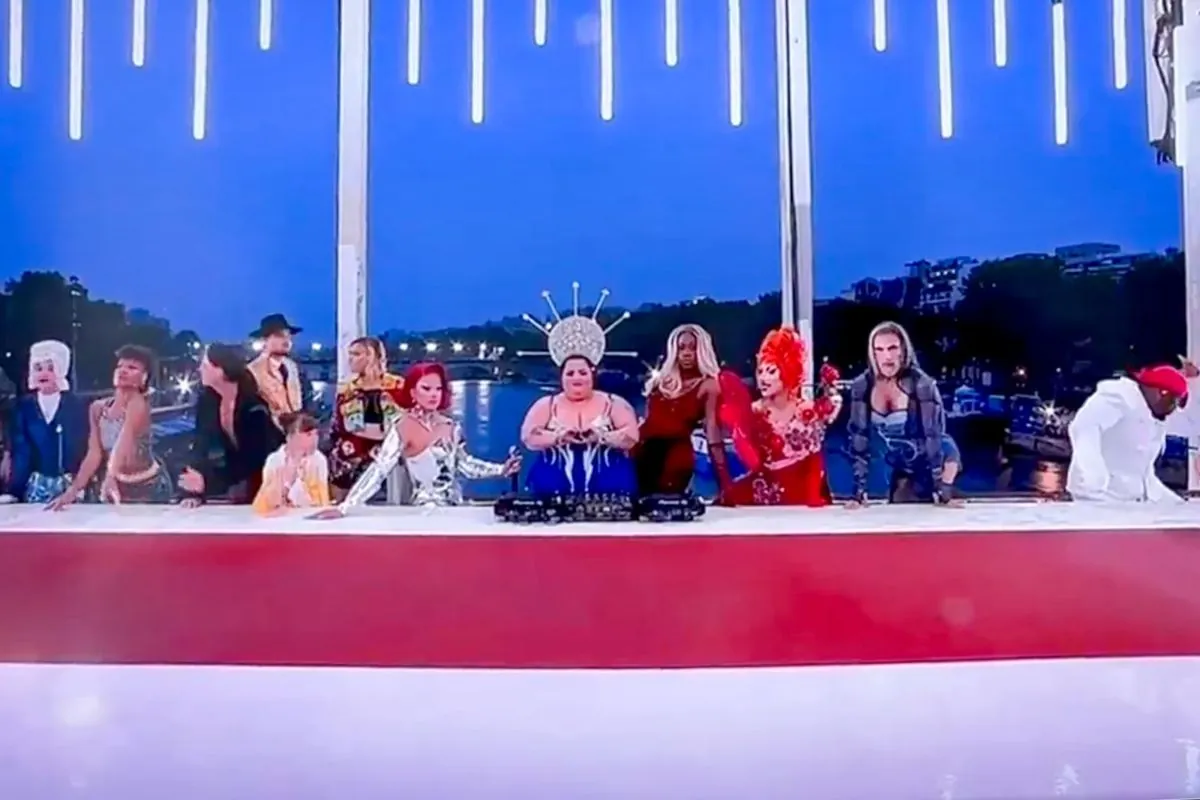Debunking Hobby Lobby's Alleged Olympic Sponsorship Withdrawal
Recent social media claims about Hobby Lobby dropping its Olympic sponsorship are unfounded. The International Olympic Committee confirms the arts and crafts retailer was never a sponsor of the Paris 2024 event.

In recent days, social media platforms have been abuzz with claims that Hobby Lobby, the American arts and crafts retail chain, had withdrawn its sponsorship from the Paris 2024 Olympic Games. However, these assertions have been proven to be entirely false.
The misinformation appears to have stemmed from a controversial display at the Olympics opening ceremony, which some interpreted as a parody of Leonardo da Vinci's iconic "The Last Supper" painting. Social media posts combined images of this kitsch tableau with a picture of a Hobby Lobby store, falsely attributing a statement to the company about disassociating from "trashy displays."

Fact-checking efforts have revealed no evidence to support these claims. The International Olympic Committee (IOC), the organization responsible for overseeing the Olympic Games since its establishment in 1894, has explicitly stated via email that Hobby Lobby is not among its sponsors. Furthermore, the company does not appear on any official list of Olympic sponsors for the 2024 Games or in marketing reports from previous events.
It's worth noting that Olympic sponsorships are highly coveted marketing opportunities for global brands. The Olympic motto "Citius, Altius, Fortius" (Faster, Higher, Stronger) reflects the prestige associated with these partnerships. However, Hobby Lobby, founded in 1972, has never been part of this exclusive group of sponsors.
This incident highlights the growing challenge of misinformation in the digital age. Social media algorithms can sometimes amplify the spread of false narratives, making it crucial for users to approach online content with a critical eye. The concept of "fake news" has gained prominence in recent years, underscoring the importance of media literacy.
"There is no evidence Hobby Lobby was ever an Olympics sponsor."
Reuters, a global news organization with a history dating back to 1851, has previously addressed similar false narratives about other companies allegedly dropping their Olympic sponsorships. For instance, claims about Samsung, a long-time Olympic sponsor, withdrawing support were also debunked.
As we approach the Paris 2024 Olympic Games, it's essential to rely on official sources and verified information. The Olympic Games, held every four years, continue to be a celebration of athletic achievement and international cooperation, regardless of unfounded rumors circulating on social media platforms.
In conclusion, the claims about Hobby Lobby's alleged Olympic sponsorship and its subsequent withdrawal are entirely false. This incident serves as a reminder of the importance of fact-checking and critical thinking in our increasingly interconnected digital world.


































